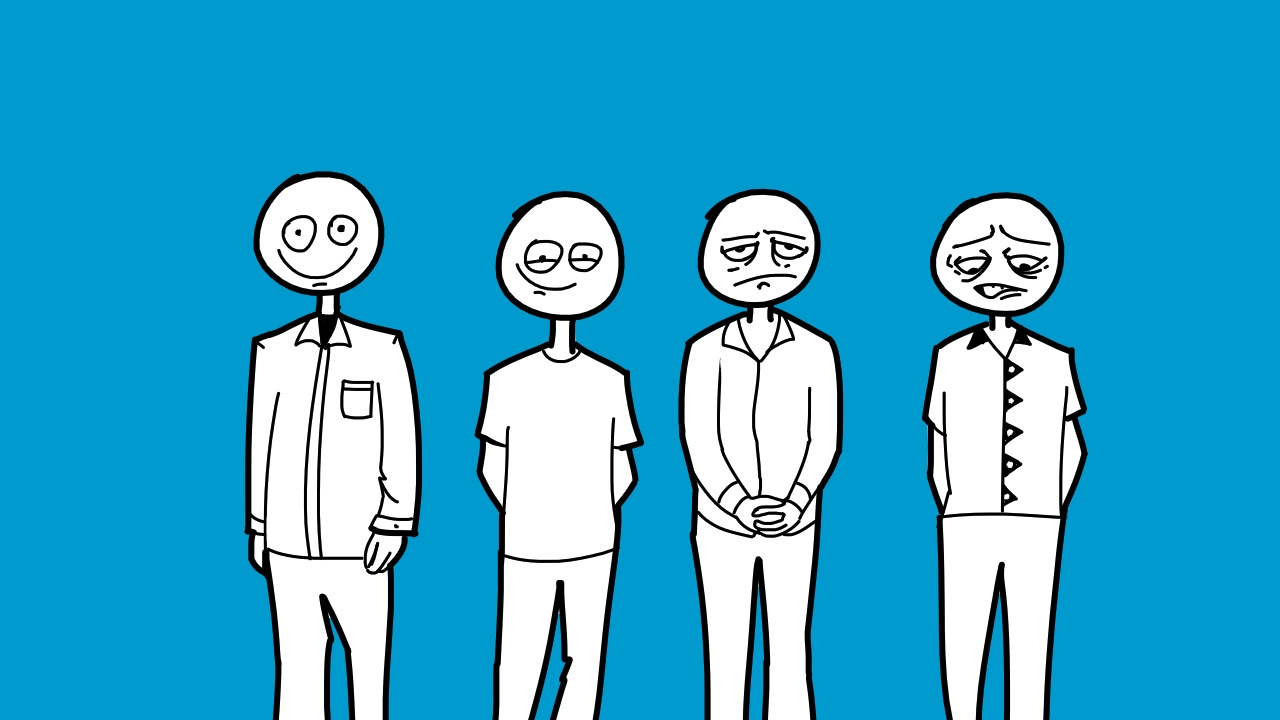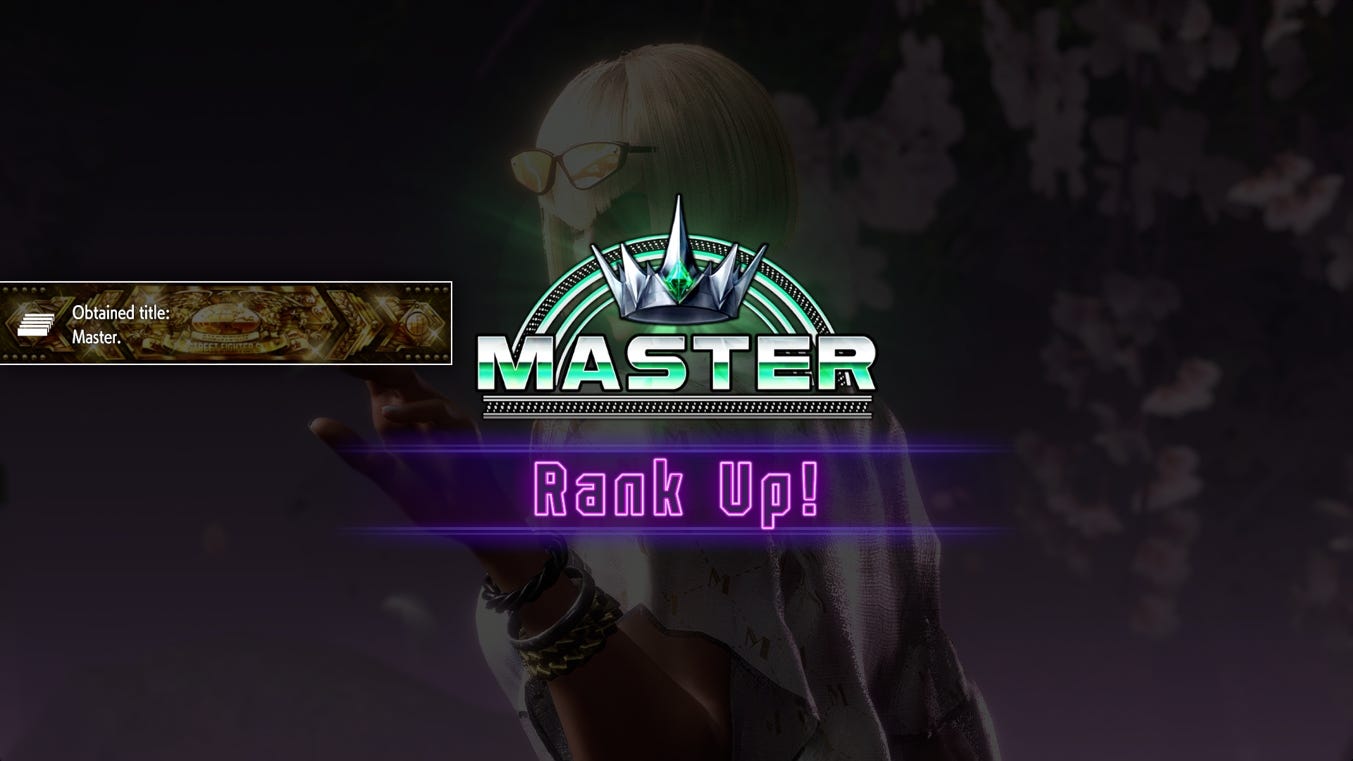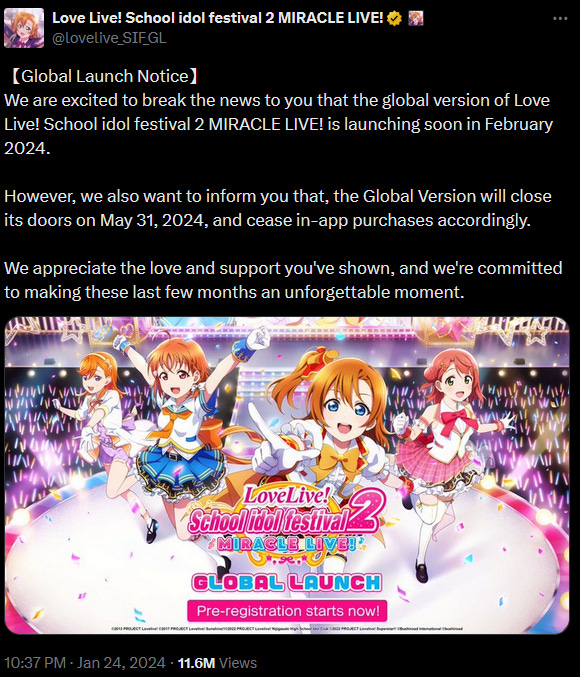The Four Types of Fun
Label everything, even your enjoyment.
So Fun I can’t Control My Brain
It’s easy to know when you’re having fun. If you’re doing something, and you enjoy doing it, you’re having fun. I can’t be more complicated than that. Anything that provides a distraction from the monotony of daily life is fun.
What if I told you there are actually different types of fun? Now you can quantify and classify everything, even what kind of enjoyment you get out of things. According to my research (a few google searches), this concept of “types” of fun comes from mountain climbers and hikers, who categorized the kinds of experiences you can have outdoors. These are types one, two and three.
They’re classified according to the joy they bring you and at what time. Type one fun is fun now, fun later. Something that is a complete blast. A great, adventurous hike through scenic mountains where you see some cool stuff, or accomplish a goal. The kind of thing you like doing and look back on fondly. Type two are the kinds of struggles you look back on. Something like a grueling eight-hour climb up a cliff, but you get to a beautiful vista at the top, and you go back home and tell your friends about all the trouble you went through, and have a nice laugh. Type three is, paradoxically not fun. It’s a pain all the way through, and you don’t even get something out of it. Trying an incredibly difficult hike and not being able to finish it and suffering for it, that sort of thing. The movie 127 Hours is an example of type three fun, but the guy got a lucrative book and movie deal from it, so it might also count as type two. If he had gotten nothing out of it, it would be purely type three.
The fourth type, which came later, is fun that comes at some kind of price. College students should be intimately familiar with this one. Getting drunk and/or playing videogames all night instead of studying for a test. You had a good time at the cost of failing. I’d put this in mountaineering terms but I rarely leave my house. Maybe you go out for a run, but you get so into it that you end up in a different city and miss work the next day? I don’t know. The only kind of jogging I do is running from my problems.
This concept broke out into the mainstream and got adapted from being about hiking, and it was applied to more general activities. Today, we’re going to be looking at the four types of fun and what games represent those ideals. Hopefully this won’t lead to any type 3 fun.
Type 1: Good, clean fun
Type one is the ideal standard by which all other activities are judged. Peak enjoyment. These are the experiences that are good all the way, and you look back on fondly.
For me, these are the kinds of games that are good from the start and stay enjoyable. Good arcade games fall into this category. Things like Dodonpachi, Puzzle Bobble, Time Crisis. Anything that’s 100% gameplay from the moment you start. Pure videogame-ass videogames fall into this one, too. Stuff like Mario games, old school platformers and such, Ape Escape, Crash Bandicoot.
Games where playing them is the means and the end. You’re not playing them to get something, you’re just playing them because the act of playing them is in itself enjoyable.
Doing well in a team game is a good source of Type one enjoyment, too. If you’re playing with friends, you’re having fun (presumably), and if you do well, it adds to it for posterity. If you hit a crazy play, win a close game or clutch out a round. The kind of thing that makes everyone peak their mic for a few minutes and then you reference it for the next few days.
This type of fun is the simplest and the most easy to understand.
Type 2: A carrot of fun at the end of a stick of suffering
You’re playing the game, you’re engaged with it, but it’s not exactly what you want to be doing. The game has become the means to an end. The end could be anything, but the real prize is that end, not the thing you’re doing at the moment.
We all know this as grinding. Doing the same thing over and over again to achieve something outside of that repetition. It comes in two main flavors: material and immaterial rewards.
Material rewards are things you can use. This is most common in MMOs; grinding for gear. You might re-do the same dungeon dozens of times hoping for a specific piece of armor to drop. You don’t necessarily enjoy doing the dungeon. Maybe it was fun at first, but after your tenth try, you’re just thinking about the piece of gear at the end. You can do the whole run with your eyes closed, going on muscle memory alone. This isn’t fun, but when you finally finish your armor set and power up your character, that’s when the real fun begins.
MMOs are the kings of type two fun. World of Warcraft comes to mind. I used to play TERA Online, and my friends and I used to run dungeons looking for drops, as is tradition. We’d mechanically go through the motions of the dungeon, fighting enemies, doing the mechanics, all while talking about anything but the game, with one or two call outs every now and then. We’d be dodging insta-kill mechanics and setting up in arcane formations to do the puzzle minigames to not die all while chatting about cars or the weather. We could have been pulling a lever thousands of times for all we cared. We weren’t having fun. We were grinding for gear so we could then take that gear and use it to have real fun.
Immaterial rewards are the kind that aren’t necessarily reflected in-game, though there is some overlap, but these are usually things you can’t use. Stuff like titles or achievements. Wasting hours and hours in Just Cause 2 looking for every single one of the item crates, water towers and any other tiny collectible in its massive map, scouring miles of in-game terrain to find that last weapon box. Then you realize that due to some glitch, the game can’t be 100% completed legitimately. Any time you find yourself looking for 100 scrimblos for a few Xbox gamer points, you’re having type two fun. Unless you’re into that sort of thing.
Mastery is a part of the immaterial rewards category. You can’t do much with an in-game rank, unless they give you a special skin or a reward for it like League of Legends does when you reach gold. The difference between mastery and other immaterial rewards is the goal.
You’re replaying the game to achieve some sort of external feat. Even Type one games can become type two really quick when you try to go for the one credit clear, or try to get a high score or a record time. Speed running is a pure example of type two fun. Grinding the same sections over and over again, lining up to a specific pixel to do a glitch, resetting an entire run over a miss-timed input, all for a record time. Imagine someone getting home from work saying “I’m gonna relax by playing some Mario Kart”, they boot up MK64, and then they spend the next hour throwing Yoshi off a cliff in Yoshi’s valley, trying to trigger a glitch.
You can turn this into type one fun by learning to enjoy the process. I set a goal for myself to get every character to Diamond in Street Fighter 6. At first I was having fun, then it became a grind because I was more focused on my ranking than the game itself. If I played a session and lost points, I didn’t have fun. If I went up in rank, I had fun. My enjoyment of the game became tied to something outside of the matches themselves. Then, I re-wired my thinking and started playing for fun. Sure, I was still playing ranked and trying to win, but I was playing whenever I felt like it instead of on a daily schedule, and I played however many matches I felt like playing. If I felt like doing just one match, I played one, if I decided to spend the entire afternoon playing, I did that. I wouldn’t care about each individual win or loss, just about having fun and improving at the game. Then, I started climbing the ranks and even managed to get Manon to Master Rank. Another example is getting S ranks in Devil May Cry. It might be frustrating at times, but the process itself is a lot of fun.
Games that have a barrier of entry can also be type two. Learning a complicated board game, Chess or something like Civilization, with its dozens of obscure mechanics. The kind of game that isn’t immediately fun, not pick up and play, but it rewards you with some fun once you get better at it. Fighting games fall into this category.
Whenever you’re pulling the lever of the invisible casino that is a game’s reward system, you’re probably having type two fun.
Or if you’re a game reviewer and you review a terrible game. You don’t have any fun playing it, but you do get a lot of enjoyment out of bashing it for clicks on the Internet.
Type 3: Ironically, it’s not even fun
This is where we really get deep into the sewers. Despite its name, Type three fun is not fun. At all. This is pure suffering. It’s the kind that isn’t fun in the moment, and isn’t fun to remember or talk about. No laughs here. No one, save a few special masochists, goes out of their way to suffer, but sometimes it happens. You don’t boot up your console of choice hoping to experience pain and dread, yet here we are.
For me, this category is populated by competitive, team-based multiplayer games. Things like Overwatch, League of Legends, DotA2. The kinds of games where I find myself actively hating my fellow man and wishing harm on them. These games can be fun, under extremely specific circumstances, but the level of cooperation required, along with the number of moving parts involved, combined with the average IQ of their player bases means that 60% of the time, it’s going to be an uphill struggle full of anger and slurs.
I don’t get how these games expect five people to come together and achieve multiple mechanically and mentally intensive goals when most of their players can barely read. I know this might upset a lot of people since, for some god-forsaken reason, these are some of the most played games ever.
This is hypocritical of me, since I’m a DotA2 enjoyer, but the depths of suffering in that game are endless. It’s like trying to play chess by relaying your instructions to a pigeon. The opponent’s queen is hanging and you have an opportunity to take it for free, so you tell the pigeon to move the bishop, but the pigeon moves a pawn then shits on the board. I’ve come to the conclusion that it’s impossible to get five random strangers to cooperate in something as simple as “destroy the enemy’s tower”, and ergo, cooperation on any other level is impossible. You can’t build a functioning society if you can’t even coordinate taking Roshan.
Then there’s the hindsight aspect of all this. There isn’t any fun to be had by looking back on any of this. I played DotA and my teammates were bad and they yelled Spanish slurs at me. One guy kept calling me a “serrano” and I didn’t even know what that was. That same story could be applied to every game of dota. It’s like that one knock knock joke with the orange. Orange. Orange who? Orange picked Juggernaut and rushed Aghanim’s with no damage items, fed like a charity mission and then called me a serrano.
Even type two or even type one games can degrade into type three if the stars align. You might start playing a game with your friends, having a good time, laughing it up. Then you lose one match. Then another. Then another. Suddenly you’re all on tilt trying to get at least one win, you’re all exhausted and getting snippy. Then you lose again and you decide to call it a night, you all log off the call without saying much and go to bed still salty. It can happen at any time, but some games feel like they’re designed for this.

Type 4: I had fun once. It was awful.
You’re playing your favorite game, you’re having a blast, all’s going well, then suddenly you look at the clock and remember you had to go pick your grandma up an hour ago.
Type four fun is fun in the moment, but regrettable later. Like arguing with your team in Overwatch. Any game could become type four if you’re not careful. You can spend all night playing something something you love, but if you were supposed to be studying for a test, you’re going to look back on that short burst of fun with regret as while you repeat calculus.
Most games can fall into this. It’s a matter of bad time management and preferring short-term dopamine over responsibilities. Like when I put off writing this because I wanted to play more Roboquest. Finding specific examples of this is tough. For me, it’d be something like Factorio. I love the game, so much so that I had to uninstall it or else I’d spend all day playing it instead of working, showering or eating. Same with Civilization. Once during summer break I spent 16 hours in one day playing Civ 3. My eyes burnt, my spine was bent, I was dehydrated and I felt like I had wasted an entire day (which I had). I would never do it again, but at the time, I couldn’t help myself.
After giving it some thought, I came up with an example: Gacha games. Sure, gacha games have some fun elements, and you can collect a bunch of cute waifus and handsome husbandos, but once End of Service rolls around, you can kiss all your progress goodbye. You spend all that time, effort and even money collecting digital trinkets, only for some executive to decide keeping the servers up isn’t worth the cost and they pull the plug. Now all your rare and expensive anime girl PNGs are gone. My game’s been deactivated. All my waifus gone.
This was taken up to near parody levels with Love Live! School Idol Festival 2. It announced that the global version was going live in February 2023! Hooray! But the global version is also going to be shut down in May of 2024. Not hooray.
This will happen to every online-only multiplayer game. All your time and effort gone. Even if you paid for it. Even if it’s not a free-to-play cashgrab. This is why Stop Killing Games exist, and developers, instead of giving players the tools to set up their own servers, decided to throw a hissy fit because they don’t want to keep their games up. This is a load of nonsense. Right now you can buy Unreal Tournament 2004 and set up servers to play with on your own. You don’t need centralized servers, but developers think they should be able to pull the plug on a game and get rid of all your stuff. I don’t care if it’s digital, you paid for a product, you should be able to keep it.
Another phenomenon I’ve seen that is tangentially related to Type four fun is the scorned fan. There are these weird posts I see every now and then on social media, Reddit or on forums (RIP) where someone devours a game, spits out the bones and says “Nah, it wasn’t worth it”.
People who play through dozen-hour games like RPGs, or spend hundreds of hours in a game, get the platinum trophy and then they say that the game sucks and they hate it. Then why did you spend so much time with it?
I saw this on Twitter back when Ghosts of Tsushima came to PC. People were discussing if the game was any good, and I’d see people who would say things like “I beat the game 100% on every difficulty and got the platinum trophy. It’s not that good”. Bro, are you okay? I can’t find the tweet itself because looking for something on twitter is like dropping a wedding ring in a gas station toilet. I don’t care how much it costs, it belongs to the toilet now. I’m not reaching in there, but I’ve seen that sentiment echoed a few times. Or people who hate a game they’re playing but power through it for a Platinum Trophy, which also involves doing tedious things they don’t enjoy. At that point just go headbutt a cactus for enjoyment.
The point here is: you don’t go through an entire, bloated, 80-hour AAA game because you hate it. There must have been some enjoyment at some point.
Avoid type four fun at all costs. It’s almost as bad as type three. Study for your tests, pay your bills, go to work and shower. Then if you have time, you can do a 16-hour Civ 3 binge. I still don’t recommend that. From personal experience.
Note: Type 4 fun is defined weird by the outdoorsmen, or depending on who you ask. They say it’s something like dumb fun. Fun that doesn’t really give you anything interesting, like a really easy hike around your neighborhood. I don’t agree with that definition. If it’s harmless fun that you do for fun’s sake, that’s type one. If the fun you’d derive from it would be from telling others about it, that’s attempted type two. Either way, you don’t need a definition for it. That’s just goofing around.
Bonus Types
These are some that may or may not apply to any sane person.
Type 5: FUN?
This is when something is so unenjoyable, that it loops back around to being funny. Like getting completely and hopelessly stomped in a game, to the point where you’re just in awe of how hard you’re getting slammed against the concrete. This might sound like type 2 fun, since it’s a story to tell, but unlike type 2, this is interesting as it happens. It’s inverse fun.
Type 6: I don’t think he’s having fun
This is a subset of type three fun where the person exhibits signs of suffering, but they insist they’re having fun. This one needs an external witness. If one of your friends is playing League of Legends, constantly complaining, whining and screaming, losing his shit, then they queue up for another round, you can assume there’s some type six fun involved. Type six fun is confirmed if the subject says they’re having fun in a clearly agitated voice, or if they start to deflect by saying that “it’s not really about having fun”. Then you know they’re clearly in type six. You can detect if you yourself are going through type six, but it requires a lot of self-awareness, which isn’t in abundance when you’re fully tilted.
Type six in outdoors terms would be someone who hikes through three miles of thorny bushes, screaming expletives at the sky, then comes out at the other side of it covered in gashes telling you about how he wants to do it again next week.
Conclusion
Those were the types of fun, as defined by someone who spends too much time playing videogames. Each type happens naturally. When it comes to videogames, your goal should be to pursue type one, and play stuff that brings you joy. Some type two fun is also good. Long-term rewards are… well, rewarding. Working towards a goal is always a good thing, and once you finally get there, it’s going to be sweet. Just make sure you don’t neglect your other responsibilities and end up having Type four fun trying to get to Master rank in Street Fighter. Type three fun should be avoided at all costs. It doesn’t contribute to anything.
I recommend fun, so I don’t recommend Dota. Or Overwatch. Or League. In fact, just skip anything that requires you to coordinate with four other strangers. Humans are social creatures, and our ability to cooperate put us on top of the food chain, but we’re clearly not at the point where we can put aside our differences and time our ultimates so that we can take a point. We should have never left the caves.
If you want some type one fun, read my breakdown of Five Totally Rad 90s Mascots
Bulletstorm was type two fun. I hated playing it, but had a blast mocking it in the review. Check it out if you thought this article needed more dick jokes.






I like to have FUN FUN FUN FUN FUN FUN FUUUUN. I like to sing, dance, pretend AAAAAAAAAAAAND to complain about my teammates in team based games and to parry their slurs